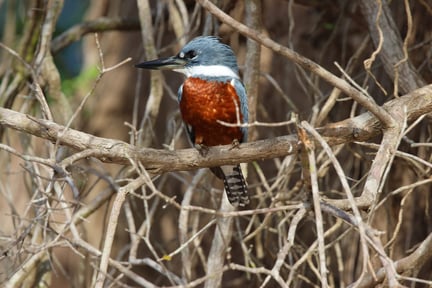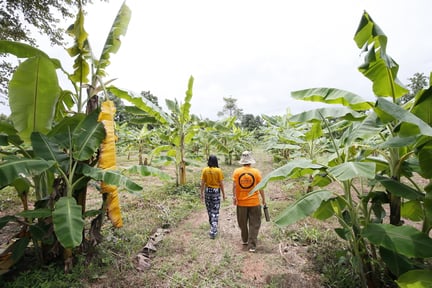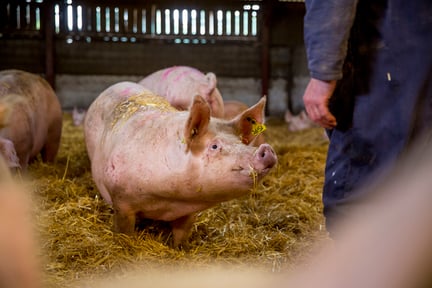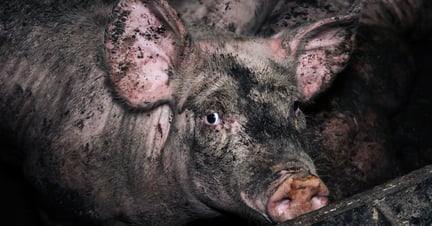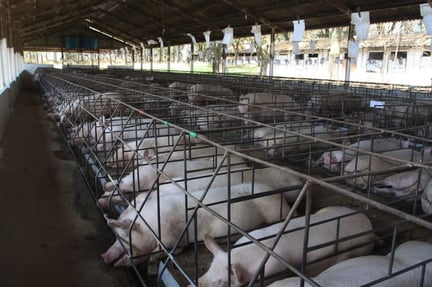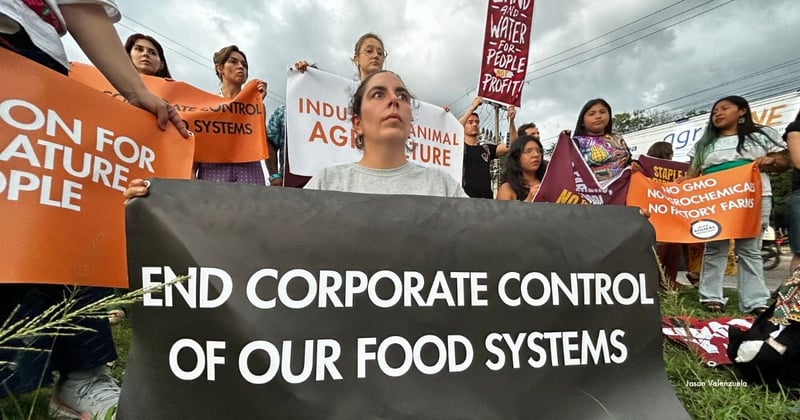
Activists confront industrial agriculture at COP30 AgriZone, highlighting climate, deforestation, and food justice concerns.
Climate campaigners at COP30 in Belém, Brazil, have confronted industrial agriculture lobbyists at the newly established AgriZone, calling for urgent climate action and a just food system transition.
Protesting at COP30
The AgriZone, sponsored by global giants including Nestlé and Bayer, is a dedicated space for agribusiness interests at COP30.
Activists warn that industrial agriculture is one of the leading drivers of deforestation in the Amazon and contributes a third of global greenhouse gas emissions.
Campaigners argue that giving these industries a prominent platform risks diluting the voices of those most affected by climate change.
It is deeply concerning to see a third zone popping up at COP30 dedicated entirely to agribusiness interests.
Industrial animal agriculture is not only a leading cause of emissions, but a major driver of deforestation and farmed and wild animal suffering.
Giving agribusiness a major seat at the table at this COP will drown out the voices most affected by climate change.
'Big ag' are not climate champions, they are fuelled by greed as they harm animals, people and the planet.
Big Agriculture's Harmful Impact
Industrial farming not only accelerates climate change but also perpetuates food insecurity and animal suffering.
Global movements highlighted that the current agribusiness model prioritises profit over people, land, and biodiversity.
In regions like Asia, where 55% of the world's hungry live, smallholders and fishers are disproportionately affected while major corporations profit from the global food system.
Greenwashing at COP30
Activists describe the AgriZone as a greenwashing effort, allowing companies to present themselves as climate champions despite contributing heavily to environmental destruction.
Tactics include promoting 'climate-smart' agriculture, digital farming tools, and other innovations that mask the ongoing food and agricultural crises caused by industrial livestock systems.
Why we're at COP30
Industrial agriculture is a leading cause of emissions, deforestation, and animal suffering.
At COP30, we are highlighting the urgent need for systemic change in global food systems, advocating for policies that prioritise the environment, animal welfare, and the rights of local communities.
The summit is a critical opportunity to challenge corporate influence and push for solutions that are sustainable, equitable, and fair for people, animals, and the planet.
Related content
High animal welfare on farms
No future for factory farming
Find out how we work with the food industry to improve farm animal welfare and keep animals in an environment where they can benefit from a life worth living
Biodiversity Loss: Causes, Effects & Solutions
Blog
What is biodiversity loss, and what causes it? We define biodiversity loss, explore its effects, and explain why the loss of biodiversity is a concern.
Just Transition In Food Systems
Discover why a just transition is essential to end factory farming, protect animals, and build sustainable food systems that tackle climate change.

